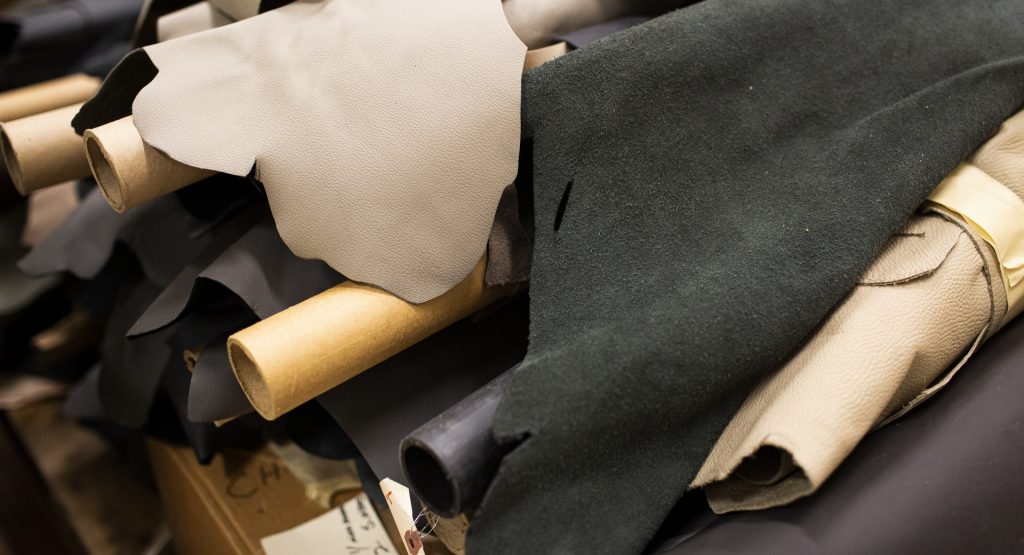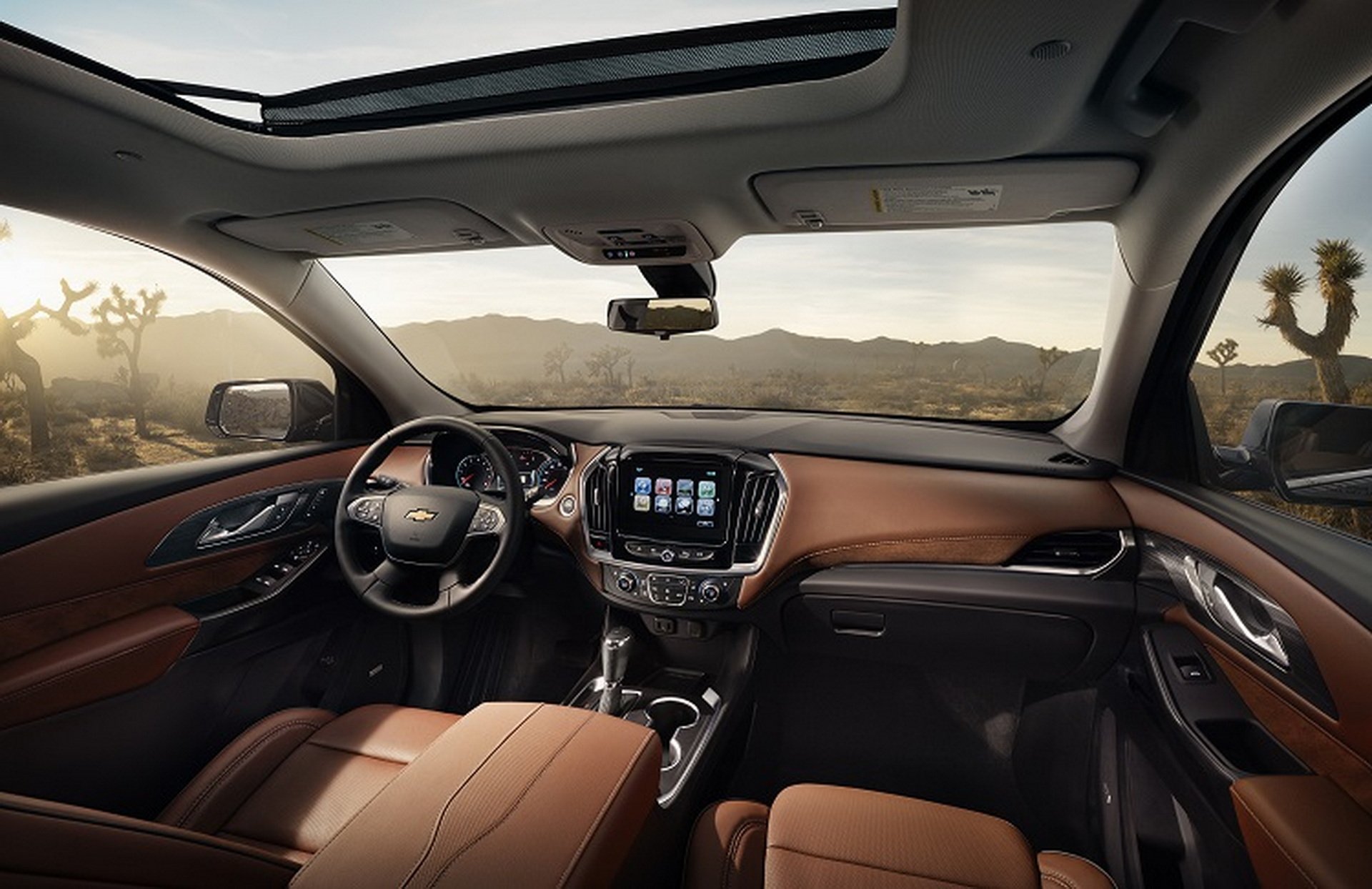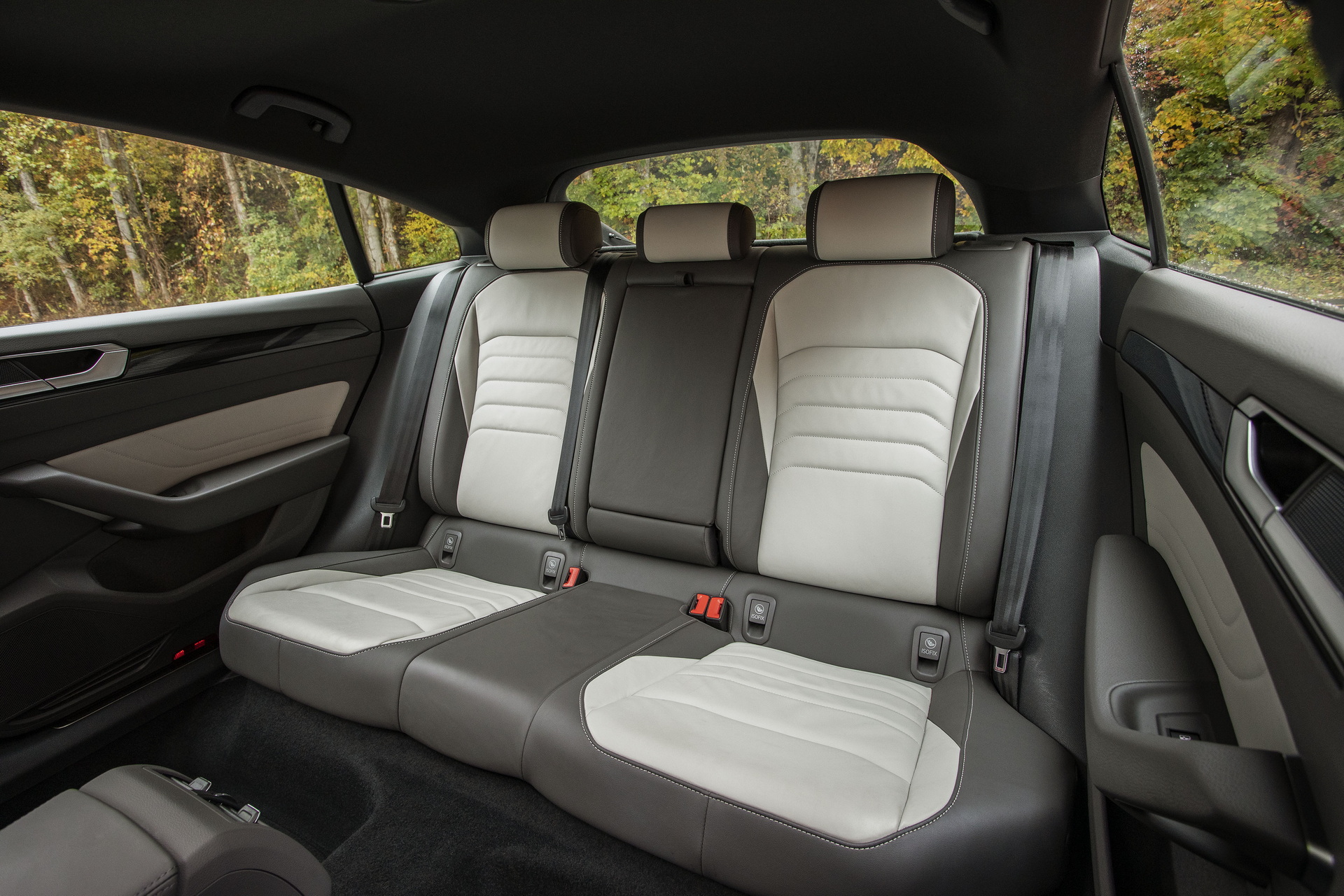The leather used in the interiors of vehicles produced by automakers such as Ford, GM, and Volkswagen has been linked to the illegal deforestation of a protected area of land within the Brazilian Amazon rainforest, reports The New York Times.
The report follows an investigation in which the outlet’s journalists witnessed a deal between the owner of a ranch built on land that was illegally deforested, who sold 72 head of cattle to a middleman in order to obscure their origin. The outlet reports that it also interviewed ranchers, traders, prosecutors, and regulators in Brazil and determined that illegally raised cattle was eventually sold to the country’s three biggest meat packers.
JBS, one of the three, also describes itself as the world’s largest leather processor. An audit led by prosecutors last month discovered that 32 percent of the purchases it made between 2018 and 2019 in the state of Para, home to the second-largest cattle herd in the Amazon, had come from farms that violated commitments made to prevent illegal deforestation.
Read Also: Toyota Named Third Most Obstructive Company Towards Climate Change After ExxonMobil, Chevron
From there, the investigation linked the hides to factories run by Lear, a major seat maker that supplies automotive assembly plants across the United States. In 2018, the company said that it sourced about 70 percent of its raw hides from Brazil, but the country’s leather has also been linked to the automotive, fashion, and furniture industries in Italy, Vietnam, and China, among others.
We have reached out to Volkswagen and Ford for comment and will update this story if they respond. GM responded, saying that its “suppliers are expected to understand and act consistent[ly] with GM’s approach to integrity, responsible sourcing, and supply chain management. We expect that our suppliers will cascade similar expectations through their own supply chains.”
The location of the ranches matters because it is widely agreed that protecting the Amazon rainforest and its valuable biodiversity can help slow climate change. By cutting it down, though, we are accelerating it, something automakers say they are invested in slowing.
While most brands named in the article say they have steps in place to monitor supplier compliance, most admit that they have no oversight over where their suppliers are sourcing their materials, making the supply chain hard to monitor.
Overall, experts say that an analysis of government data on cattle deals in the Jaci-Parana area between 2018 and 2021 identified 124 transactions that show signs of laundering. According to The New York Times, the transactions show that at least 5,600 cattle were transferred from farms in the reserve to middlemen who sold them to the major slaughterhouses that same day.
The investigation points to how the spending habits of wealthy nations and, at least to some degree, the lack of thoroughness in some automakers’ oversight of their supply chains, are accelerating environmental degradation.






